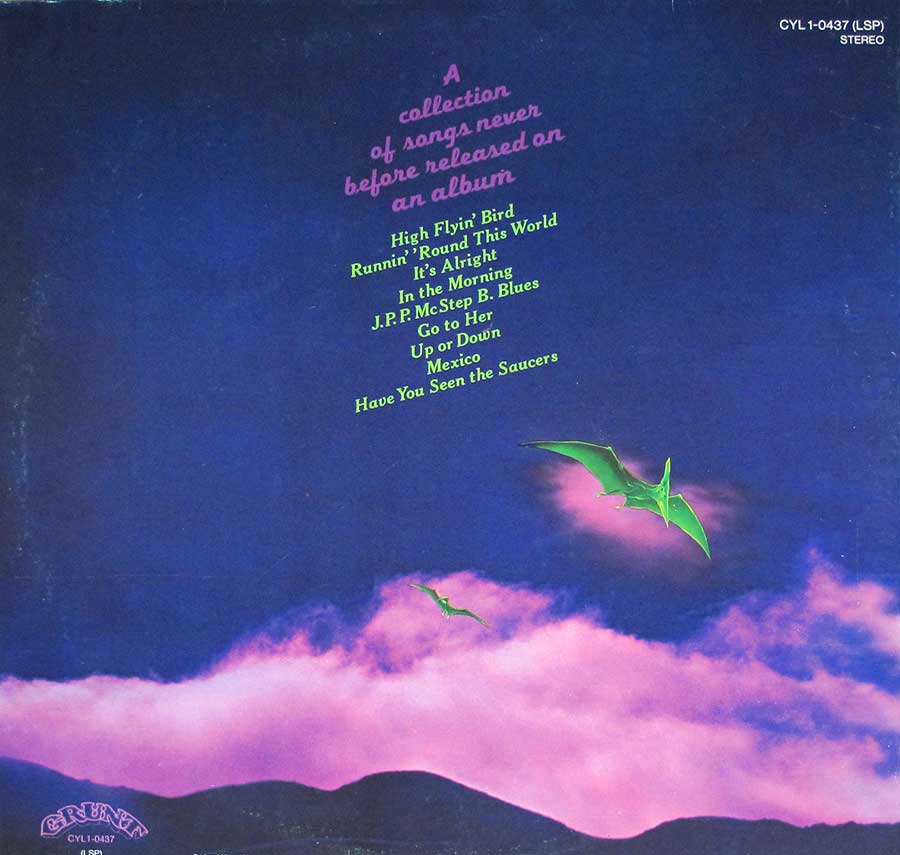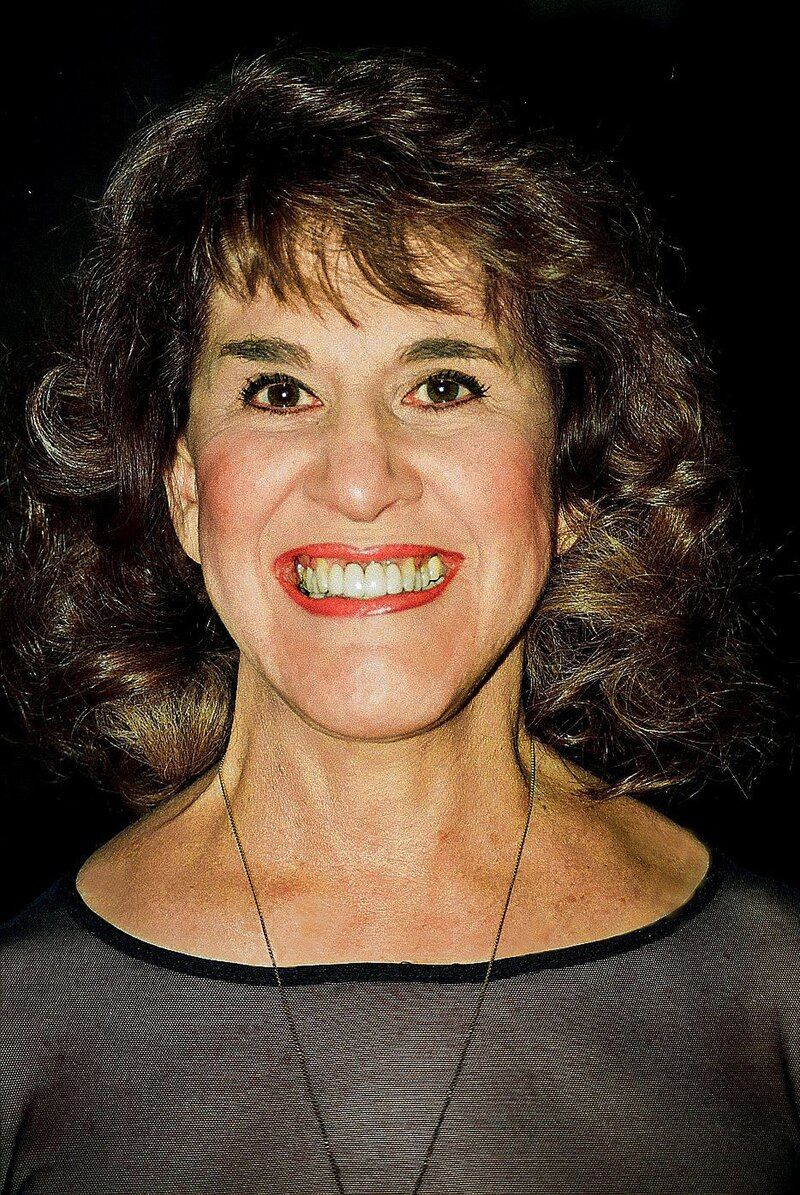
We live in a world absolutely saturated with fame. From the moment we wake up, our feeds are flooded with updates, achievements, and picture-perfect lives of the most famous people on the planet. It’s easy to get caught up in the dazzling glow of celebrity, seeing these larger-than-life figures as untouchable icons who only achieve remarkable things in their particular domains. They capture the attention of millions worldwide, establishing themselves as powerful examples to others, and we follow their journeys with unwavering interest.
But what happens when the spotlight, usually so bright, conveniently glances over certain less flattering details? What about the moments, the decisions, or the allegations that, despite being part of their story, somehow manage to slip into the periphery of public consciousness? It’s a fascinating paradox: the more famous someone becomes, the easier it can be for certain aspects of their past or controversial actions to be overshadowed by their overall legend, becoming things the world sort of overlooks.
Today, we’re taking a deep dive into some of the most celebrated personalities, uncovering the often-downplayed or simply forgotten controversies and criticisms that complicate their otherwise sparkling public images. Get ready to look beyond the headlines and discover a side to these global icons that might just make you rethink what you thought you knew. We’re talking about those moments that, for one reason or another, the world has just sort of ignored, or at least, not given the full, critical attention they deserve.
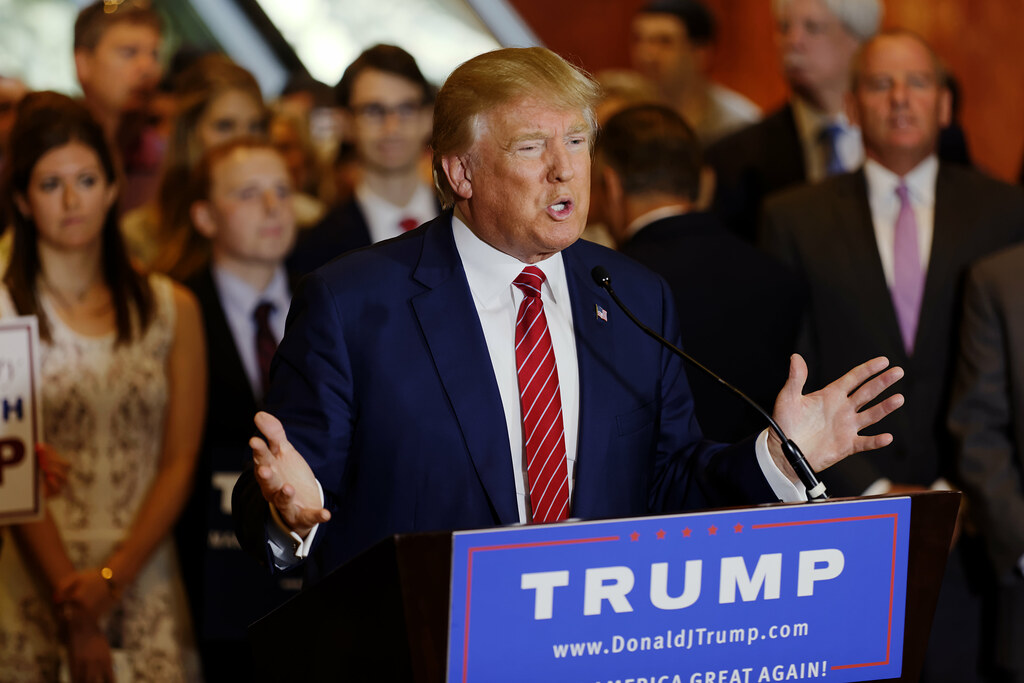
1. **Donald Trump**
Donald John Trump, the American politician, media personality, and businessman, has undoubtedly left an indelible mark on the history of the United States. Having served as the 45th president and making a successful comeback to win the 2024 election for a second non-consecutive term, his influence on the global stage in 2025 is undeniable. He’s a figure who commands attention, with people loving him and despising him in equal measure, ensuring his place among the world’s most famous individuals.
Yet, beyond the sheer celebrity and political spectacle, Trump’s administration has brought about significant controversy, both domestically and internationally. His worldview ideas, such as transforming Gaza into a Riviera of the Middle East, have sparked international debate and drawn criticism. Additionally, his controversial meetings and relations with leaders of a few countries, including Vladimir Putin and Volodymyr Alekseevich Zelenskyy, have kept global observers on edge, fueling discussions about international diplomacy and alliances.
One of the defining hallmarks of Trump’s re-instated term in 2025 has been the initiation of a completely new tariff conflict. This time, it’s not just against China, but also the European Union, and even some traditionally friendly powers. While his stated intent is to fund U.S. manufacturing and lower reliance on foreign markets, critics have been vocal, warning that these policies risk sparking global trade wars and could lead to rising consumer prices. These are not minor policy debates but actions with profound potential global consequences.
Despite the clear and widespread criticism, the sheer volume of his public persona and the constant churn of political news often lead to these specific policy implications being viewed through a lens of political allegiance rather than a detached assessment of their long-term impact. The continuous spotlight on Donald Trump as the centerpiece of global politics, with all its drama and spectacle, can sometimes overshadow a deeper, more critical examination of the specific controversies and their potential repercussions, allowing the world to ‘sort of ignore’ the detailed warnings in favor of the broader, more immediate narrative.
Read more about: Market Reconfiguration: Examining Why Leading EV Brands from 2023 Face New Pressures in 2024’s Evolving Landscape
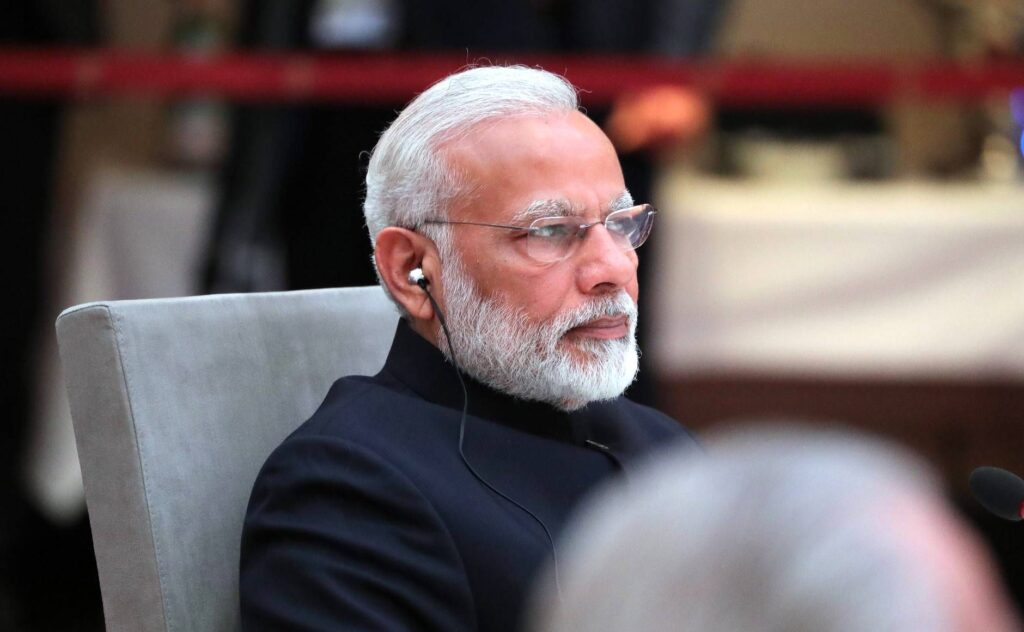
2. **Narendra Modi**
Narendra Modi, the 14th and current Prime Minister of India, stands as a prominent global figure, having secured remarkable electoral victories for the Bharatiya Janata Party (BJP) in 2014, 2019, and 2024. His tenure as Chief Minister of Gujarat from 2001 to 2014 laid the groundwork for his national ascent, establishing him as a strong-willed leader. India’s strong public rating for Modi ensures his prominence on the world stage, despite various controversies that have accompanied his political career.
However, a significant and enduring point of contention throughout Modi’s political journey relates to the 2002 Gujarat riots. These events created allegations that Modi had potentially helped perpetuate the deadly attacks on many people during his time as Chief Minister. These are not mere political disagreements but grave accusations concerning a period of intense communal violence, casting a long shadow over his otherwise celebrated image of economic development and strong governance.
In 2025, his leadership continued to face scrutiny, particularly with tense India–Pakistan relations escalating into what many called a limited war over a minor border dispute. Modi led India to act decisively against cross-border terrorism and security threats, seeking robust diplomatic support internationally. While his valuers idolized him for his strong stance, critics reviled him for a provocative attitude and the danger of escalation, demonstrating his capacity to both inspire fervent support and intense opposition.
Despite the seriousness of the allegations surrounding the 2002 Gujarat riots, the momentum of Modi’s continued political success, his decisive leadership in security matters, and his immense popularity within India often serve to ‘sort of ignore’ the deeper ethical and accountability questions raised by these past events. The narrative of a powerful, transformative leader tends to dominate, pushing the more uncomfortable aspects of his history into the background for many who focus on his current influence and achievements.
Read more about: Beyond the Beijing Red Carpet: Unpacking the Complexities and Cracks in the Xi-Putin-Kim Show of Unity
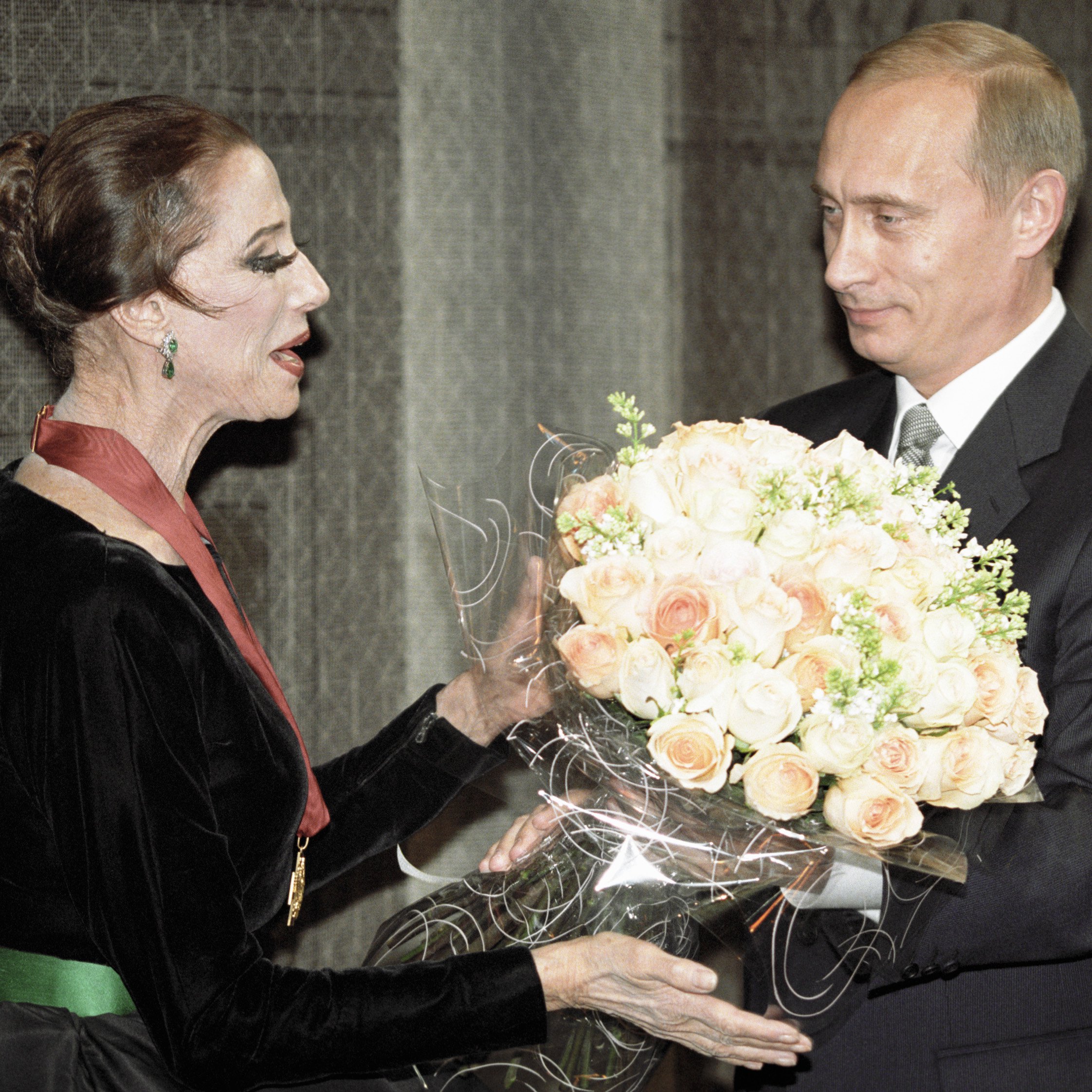
3. **Vladimir Putin**
Vladimir Putin remains an undeniably powerful and famous leader in 2025, having served as Russia’s president since 1999, making him the most durable Russian leader since Joseph Stalin. His background, including service in the KGB during the Soviet Union, set the stage for a political career that has seen him swiftly rise through the ranks after the Soviet Union’s disintegration. His enduring presence on the world stage means his decisions constantly influence global politics.
Today, the world continues to grapple with the implications of his leadership, especially in the context of the ongoing Russia-Ukraine war. This conflict is a stark reminder of his willingness to pursue geopolitical objectives with unwavering resolve. Beyond the battlefield, his domestic policies and governance style have frequently drawn international attention, leading to widespread criticism from various quarters regarding his approach to civil liberties and political opposition.
Putin is frequently criticized by others for authoritarian tactics, which include the consolidation of power, suppression of dissent, and actions that have led to complex international relations. He actively aligns his strategies with allies such as China, India, and countries in the Middle East, seeking to offset Western powers and reshape global influence. This complex web of alliances and power plays underscores his central role in shaping the modern geopolitical landscape.
While his actions and tactics are widely discussed and criticized by many, particularly in Western media, there’s a sense in which the constant focus on his geopolitical maneuvering and his image as a resolute leader, admired by some for his strength, can lead the world to ‘sort of ignore’ the profound and individual human costs of his authoritarian governance and the deeper implications of his strategic decisions. The sheer scale of his global impact often overshadows a consistent and unified condemnation of certain aspects of his rule, allowing a more complex, and perhaps less scrutinized, narrative to persist for different segments of the global population.
Read more about: Beyond the Beijing Red Carpet: Unpacking the Complexities and Cracks in the Xi-Putin-Kim Show of Unity

4. **Kylie Jenner**
Kylie Kristen Jenner, a familiar face from reality television and a prominent businesswoman, model, and socialite, rose to widespread recognition through “Keeping Up with the Kardashians” and its spin-off shows. Her entrepreneurial spirit truly shone with the launch of Kylie Cosmetics in 2015, a venture that initially led Forbes to name her the youngest self-made billionaire, though later re-evaluations adjusted her estimated net worth. Regardless, her influence in business and on social media, with over 396 million Instagram followers, positions her as a global celebrity.
However, Jenner’s meteoric rise to fame and business success has not been without its share of significant criticism. Critics have specifically targeted her for her reliance on social media platforms to market her products, often coupled with what they describe as her unrealistic appearance. These criticisms highlight concerns about the pressures of social media perfection and the impact on body image for her massive, often young, audience, a discussion that frequently gets lost amidst the glamorous product launches and aspirational lifestyle.
Beyond marketing, Kylie Jenner has faced accusations from the public regarding the misuse of cultural practices from other communities. These allegations touch upon sensitive issues of cultural appropriation, where elements from marginalized cultures are adopted without proper acknowledgment, respect, or understanding. Such criticisms raise important questions about ethical business practices and social responsibility in the beauty and fashion industries, particularly for figures with such vast global reach.
Despite these ethical concerns and criticisms from various corners, the sheer force of Jenner’s brand, her undeniable business acumen, and her massive internet following mean that the criticism often struggles to gain sustained traction against her overall public image. Her pulse in the world of entertainment remains strong, demonstrating how her celebrity status and commercial achievements often lead the world to ‘sort of ignore’ the deeper cultural and ethical questions raised by her critics, instead focusing on her status as a successful entrepreneur and trendsetter.
Read more about: From Kiss-Cams to Hard Launches: 14 ‘Relatable’ Celebs Whose Private Lives Are Wildly Over-the-Top!
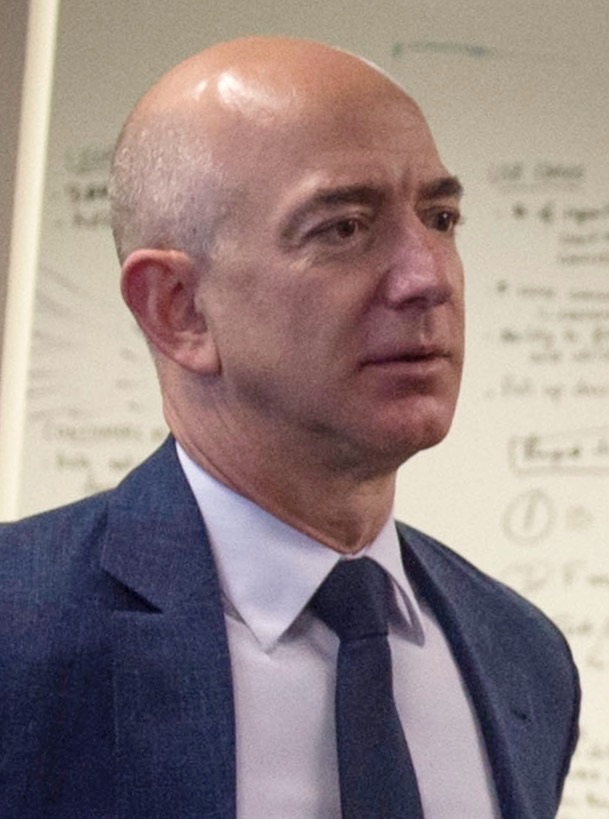
5. **Jeff Bezos**
Jeff Bezos, the American entrepreneur and businessman, is undoubtedly one of the most transformative figures of our time. As the founder, CEO, and president of Amazon.com, Inc., he built a global technology empire encompassing e-commerce, cloud computing, digital streaming, and artificial intelligence. Beyond Amazon, he owns The Washington Post and operates the aerospace development business Blue Origin, creating rockets. With a net worth that has placed him among the world’s richest individuals, Bezos is widely regarded as a visionary leader who fundamentally altered consumers’ shopping habits.
While his innovative business strategies and willingness to take risks are often celebrated, the context explicitly states that Bezos is a “well-known person in the business world despite the criticism.” This acknowledgment points to an underlying current of negative sentiment or contentious issues associated with his business practices. Although the text does not detail the specifics of this criticism, its very mention indicates that his path to immense success has not been universally applauded or without contention. These criticisms, while known, often fall into the shadow of his monumental achievements.
His role in building Amazon into one of the leading online retail businesses worldwide, starting from a garage in 1994, is a testament to his entrepreneurial genius. However, the relentless pursuit of growth and market dominance that characterizes Amazon’s rise—driven by Bezos’s visionary leadership—has also implicitly generated questions and concerns. These could range from impacts on traditional retail, market monopolization, or the working conditions within his vast logistic networks, all of which are common areas of scrutiny for such powerful global corporations.
In the public consciousness, the narrative of Jeff Bezos as the groundbreaking innovator and wealth creator frequently takes precedence. His image as a figure who reshaped global commerce, sending rockets into space and acquiring influential media outlets, is so powerful that it often causes the specific or generalized “criticism” to be ‘sort of ignored’ or at least significantly downplayed. People are more inclined to focus on the scale of his success and his forward-looking ventures rather than dwelling on the less glamorous, more challenging aspects of his business legacy that attract critical commentary.
Read more about: Hollywood Heartthrobs & Music Moguls: The Unbelievable Details Behind Sydney Sweeney and Scooter Braun’s Shocking New Romance!

6. **A Certain Ruler in the Middle Ages**
History is replete with figures whose actions, though infamous, are often relegated to footnotes or historical anecdotes, their true malevolence diluted by the passage of time. Our context, in a general entry about the definition of ‘famous,’ offers a chilling glimpse into such a character: “A certain ruler in the Middle Ages was famous for poisoning her guests with chemicals put into their drinks.” This stark statement, though lacking specific names or dates, paints a vivid picture of a leader whose notoriety stemmed from truly evil deeds.
This particular historical reference stands out because it explicitly details an act of profound treachery and cruelty—the deliberate poisoning of one’s own guests. Such an act fundamentally violates hospitality and basic human trust, pointing to a despotic and morally bankrupt leadership. It suggests a reign marked by fear and calculated elimination, where power was maintained through clandestine and lethal means, rather than legitimate authority or widespread consent.
The fascinating aspect here, beyond the horror of the act itself, is how such a figure becomes ‘famous’ for something so heinous. For this ruler, fame wasn’t tied to benevolent rule or grand accomplishments, but to a dark reputation. Yet, precisely because the details are sparse, detached, and framed within a dictionary definition, the severity of the act can become an abstract fact, rather than a visceral understanding of the terror it would have caused.
In a way, for modern audiences, the full weight of this ruler’s depravity is ‘sort of ignored.’ Removed by centuries, without specific context or identifiable victims, the act becomes a historical curiosity rather than a potent reminder of tyrannical evil. The world, in its vast historical sweep, might remember the ‘fame’ of the deed, but often overlooks or fails to fully grasp the grim, human reality behind such a chilling, yet anonymous, historical fact.” , “_words_section1”: “1948
Read more about: The 1970s: A Decade of Disappearance – 12 Shocking Moments When Leaders and Eras Vanished From the World Stage
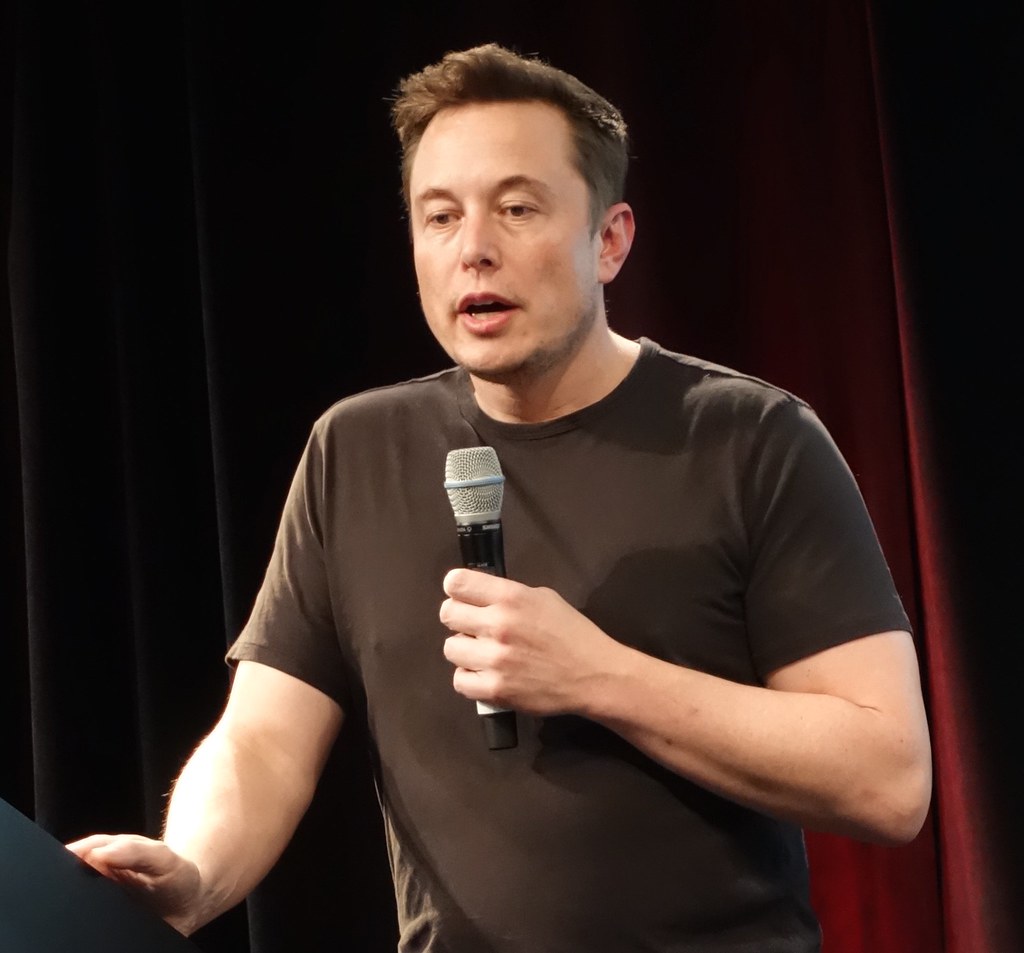
7. **Elon Musk**
Elon Musk, the American entrepreneur of South African origin, stands as an undeniable titan among the world’s most famous persons, a visionary whose name has become synonymous with pushing the boundaries of technology. As the sole creator or co-founder of multiple well-known businesses, including PayPal, SpaceX, Tesla, Neuralink, OpenAI, and his leadership as Twitter’s owner and CEO, he commands immense global attention. His ventures, such as The Boring Company and the Musk Foundation, further solidify his diverse portfolio and vast influence across various sectors.
With an estimated net worth exceeding $200 billion, Musk is currently recognized as the richest person in the world, a testament to his relentless ambition and innovative spirit. Through his companies, he is actively developing revolutionary technologies that are set to advance technological frontiers across several domains. From electric vehicles to space exploration and brain-computer interfaces, his projects aim to redefine what’s possible and reshape our future.
SpaceX, under Musk’s leadership, is at the forefront of developing reusable rockets, a groundbreaking innovation that could lead to a transformation of international-scale space exploration. Similarly, Tesla leads the industry in building electric cars, offering not only superior efficiency but also significant environmental advantages over conventional gasoline-powered vehicles. These initiatives demonstrate his profound impact on global industry and technology.
Furthermore, Musk’s company, Starlink, through its satellite network, strives to deliver worldwide broadband internet service, a bold endeavor designed to transform global connectivity systems. While his public persona is often defined by his unrelenting dedication to ambitious objectives and a complete willingness to take chances, the sheer scale of his global impact and the constant spotlight on his future-facing ventures can sometimes cause the world to ‘sort of ignore’ deeper considerations inherent in such rapid, world-altering technological shifts, allowing for a narrative centered predominantly on innovation and success.
Read more about: Market Reconfiguration: Examining Why Leading EV Brands from 2023 Face New Pressures in 2024’s Evolving Landscape
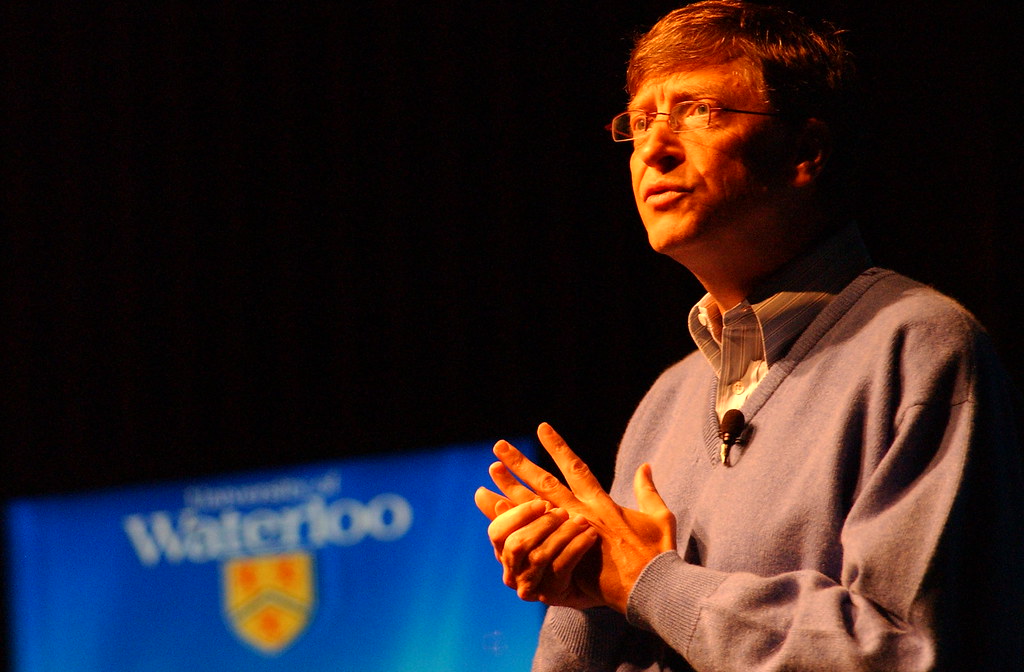
8. **Bill Gates**
William Henry Gates III, an American business tycoon, philanthropist, author, and investor, is universally recognized as one of the visionary founders of Microsoft Corporation. This company he co-founded has since grown into the largest personal computer software manufacturing entity globally, forever changing the landscape of personal computing and digital interaction. His early knack for technology was evident from a young age, developing his first computer program at just 13 in his hometown of Seattle, Washington.
In 1975, alongside his childhood friend Paul Allen, Gates co-founded Microsoft, laying the groundwork for what would become a software empire. This partnership blossomed into a global powerhouse, making personal computers accessible and functional for millions around the world. Beyond his groundbreaking work in software, Gates has also penned multiple influential books, including “The Road Ahead” and “Business @ the Speed of Thought,” sharing his insights on technology, business, and societal progress.
After stepping down as CEO in 2000, Gates maintained his role as Microsoft Board Chairman until 2014, gradually shifting his focus towards philanthropy. Alongside his then-spouse Melinda French Gates, he co-founded the Bill & Melinda Gates Foundation, an organization dedicated to international development and health-based objectives. This foundation has become a central force in global charitable work, tackling some of the world’s most pressing challenges.
With a net worth exceeding $116 billion, Gates remains among the wealthiest individuals globally, having held the title of the world’s richest man for 13 consecutive years from 1995 through 2007. His unparalleled success and immense philanthropic endeavors establish him as one of the world’s most famous persons. This towering public image, however, often leads the world to ‘sort of ignore’ more nuanced discussions surrounding the implications of such concentrated wealth and technological dominance, allowing the narrative of his transformative contributions to take primary focus.
Read more about: Charlie Sheen’s Heartfelt Plea to Jon Cryer: Inside Their ‘Two and a Half Men’ Reunion and the Long Road to Reconciliation

9. **Oprah Winfrey**
Oprah Gail Winfrey, an iconic American talk show host, television producer, actress, author, and philanthropist, has indelibly carved her place in media history. She is most famously known for her Chicago-based talk program, “The Oprah Winfrey Show,” which captivated audiences for a remarkable 25 years, running in national syndication from 1986 to 2011. Her profound influence and media prowess earned her the moniker “Queen of All Media,” and by 2007, she was frequently ranked as the most influential woman in the world.
Winfrey’s ascent in media began early; by the age of 19, she was already co-anchoring local evening news. Her move to Chicago in 1983 to anchor the morning chat show “AM Chicago” proved to be a pivotal moment. The show quickly gained immense popularity, leading to its renaming as “The Oprah Winfrey Show” in 1986. It rapidly rose to become one of the most viewed talk shows globally, celebrated for its in-depth interviews with both celebrities and everyday individuals, fostering a unique connection with its audience.
Her entrepreneurial spirit saw her establish her own production firm, Harpo Productions, in 1993, which produced “The Oprah Winfrey Show” and numerous other films and television programs. Further expanding her media empire, Winfrey launched the Oprah Winfrey Network (OWN), a cable television channel, in 2000. These ventures underscore her business acumen and strategic vision, propelling her influence beyond a single talk show.
Beyond her roles as a media mogul, Winfrey has achieved substantial fame as an actress, appearing in notable films like “Selma,” “Beloved,” and “The Color Purple.” As a producer, she even created a film that received an Academy Award for “The Silence of the Lambs.” Winfrey’s worldwide recognition stems from her intelligence, charm, and formidable business skills, leading to widespread admiration. Yet, the overwhelming positivity and inspirational narrative surrounding her immense success can sometimes cause the world to ‘sort of ignore’ the rigorous demands and powerful influence that come with such a vast media empire, overlooking any potential complexities beneath the celebrated surface.
Read more about: From Botched Bro-Tox to Unrecognizable Transformations: 12 Male Celebrities Who Faced Plastic Surgery Regrets
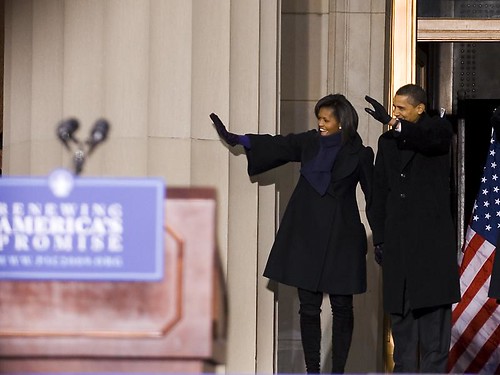
10. **Barack Obama**
Barack Obama, who served as the 44th president of the United States from 2009 through 2017, etched his name in history as the inaugural Black man to gain the presidential office through an election. Throughout his eight years in office, Obama maintained his position as one of the world’s most famous individuals, a status that endured long after his term concluded. Born in Honolulu, Hawaii, in 1961, his journey to the highest office was marked by a commitment to public service and education.
Obama’s academic background includes studies at Harvard Law School and Columbia University, laying a strong foundation for his legal and political career. Following law school, he took on the role of a community organizer in Chicago, an experience that deeply shaped his understanding of social issues. His political ascent saw him serve in the Illinois State Senate from 1997 to 2004, before achieving victory in the US Senate seat election of 2004, propelling him onto the national stage.
The year 2008 marked his historic campaign for the United States presidential position, which he won against Republican Party candidate John McCain. American citizens chose to keep Obama in the presidency after his 2012 re-election victory against Republican candidate Mitt Romney. During his time in office, Obama signed significant legislation, including the Affordable Care Act, which expanded medical coverage for thousands of American citizens, and the Dodd-Frank Wall Street Reform and Consumer Protection Act, aimed at reforming the financial sector.
His presidential decisions also brought an end to the Iraq War and included ordering the operation that successfully killed Osama bin Laden, demonstrating decisive leadership on the global stage. People worldwide, alongside American citizens, support Obama with equal measure, admiring his speaking style and his unique talent to engage with individuals from every social class, actively promoting social justice and equality. However, the consistent narrative of his historical achievements and celebrated persona can sometimes lead the world to ‘sort of ignore’ the inherent compromises and criticisms that are an undeniable part of any eight-year presidential tenure, allowing his overall positive legacy to dominate public perception.
Read more about: 7 A-Listers Whose ‘Perfect’ Secret Marriages Actually Crumbled (Insiders Tell All)
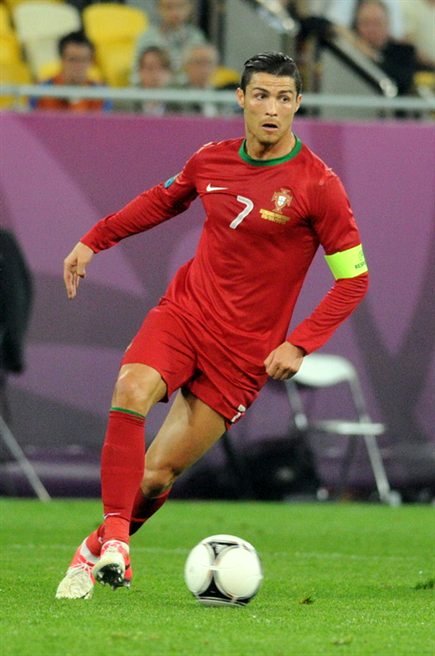
11. **Cristiano Ronaldo**
Portuguese footballer Cristiano Ronaldo stands as arguably the world’s most famous person and a quintessential global celebrity, commanding an astonishing social media following with over 593 million followers on Instagram and more than 109 million on Twitter. Born in Funchal, Portugal, on February 5, 1985, Ronaldo dos Santos Aveiro plays forward for Al Nassr, a Saudi Arabian team, and captains the team, cementing his status in the uppermost echelons of athletic fame.
Considered one of the greatest players of all time, Ronaldo has amassed an incredible array of accolades throughout his illustrious career. He has collected five Ballon d’Or awards, more than any other male European player, and secured an incredible 32 trophies, including a UEFA European Championship, five UEFA Champions League wins, and seven league championships. His prolific scoring ability is legendary; he holds the record for most goals scored for both his previous Club, Real Madrid, and the Portuguese national team overall, making him a true goal-scoring titan.
Ronaldo also maintains the title as the player who has netted the most goals in UEFA Champions League history, having scored a staggering 141 times. His influence extends beyond the pitch into the digital realm, as evidenced by the launch of his YouTube channel, “UR – Cristiano,” on August 21, 2024. This channel set new online records by becoming the fastest-growing in YouTube history, reaching over one million subscribers in under 90 minutes.
Many youthful football players look up to him as their model, recognizing his place among the world’s leading athletes throughout history. While his athletic prowess, entrepreneurial ventures, and inspirational journey are constantly celebrated, the sheer scale of his global icon status, wealth, and continuous accolades might, for some, lead the world to ‘sort of ignore’ the less glamorous aspects that come with such intense public scrutiny and the pressures of maintaining a superhuman image, though the specific nature of these is not detailed in the context provided.
Read more about: Beyond the Runway: A Deep Dive into Ralph Lauren’s Legendary Car Collection, Valued at Over $600 Million
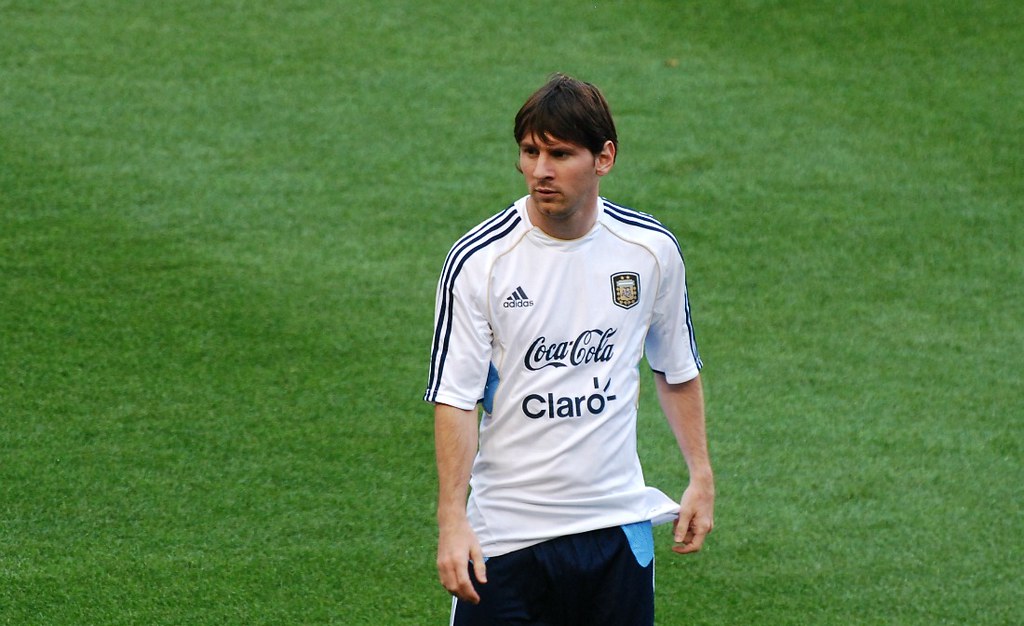
12. **Lionel Messi**
Lionel Messi, an Argentinian football maestro, is undeniably one of the most famous persons in the world, renowned for his breathtaking skill and unparalleled achievements on the pitch. He currently serves as forward for Ligue 1 team Paris Saint-Germain and leads the Argentina national team as captain, continuing his professional football career in Argentina. Many consider him to be at the absolute top of the list of athletes in football throughout history, a testament to his consistent brilliance and record-breaking performances.
His career is studded with an extraordinary collection of individual honors, including a record seven Ballon d’Or awards and six European Golden Shoes. Additionally, he has been recognized six times as the Best FIFA Men’s Player and once as FIFA World Player of the Year. With Barcelona, Messi achieved an astonishing 35 titles, including four UEFA Champions League trophies, demonstrating his pivotal role in the club’s golden era. His triumph with Argentina in the Copa América in 2021 further solidified his legacy on the international stage.
Messi is celebrated as both an energetic playmaker and a prolific goal scorer, a rare combination that makes him a formidable force. He now holds the La Liga records for most goals (474), hat-tricks (36), and assists (192), as well as the UEFA Champions League record for hat-tricks (eight). On the international front, he boasts 86 more international goals than any other male player from South America, showcasing his dominance for both club and country.
Messi’s widespread global fame is further underscored by Forbes, which has multiple times recognized him as the planet’s most valuable athlete. Beyond his sporting achievements, he has engaged in several charitable projects as a UNICEF ambassador, using his platform for good. Yet, the blinding light of his unparalleled talent, humble demeanor, and charitable work can sometimes lead the world to ‘sort of ignore’ the immense pressures, expectations, and intense scrutiny that accompany such global stardom and financial success, allowing his celebrated legend to often overshadow any unspoken burdens or criticisms inherent in living such a public and demanding life.
Read more about: Cristiano Ronaldo’s Legendary Lifestyle: The Unrivaled Career Powering an Iconic Supercar Collection
As we conclude this deep dive into the lives of some of the world’s most famous individuals, it becomes clear that fame, while offering unparalleled opportunities and recognition, often casts a peculiar shadow. The dazzling glow of their achievements, their philanthropic endeavors, and their sheer impact on various domains can inadvertently, or perhaps conveniently, push certain realities into the background. Whether it’s the specific ethical debates tied to business practices, the complexities of political power, or the intense personal pressures of maintaining a global image, the narrative often simplifies, leaving us with a picture that is celebrated but not always complete. This journey reminds us that every icon, every legend, is a tapestry woven with threads of both extraordinary achievement and overlooked complexities, inviting us all to look a little closer and understand a little deeper.

